Northern Vietnam
Hanoi Captital
Mai Chau

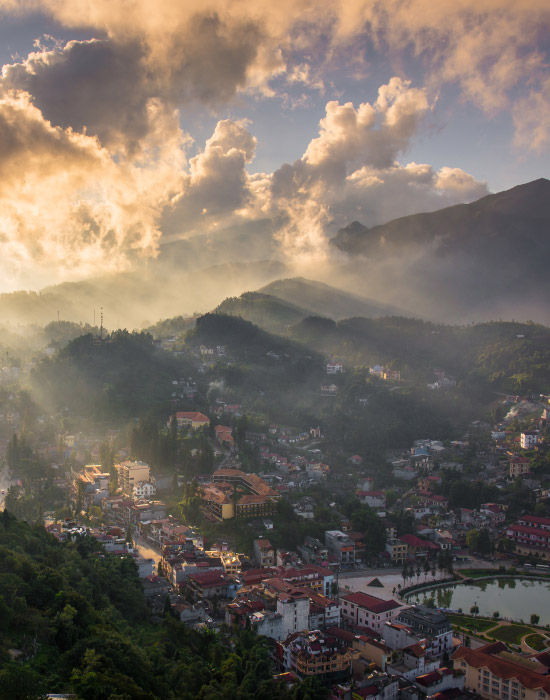

FILTERS
Fola Travel is the top choice for Sapa tours, offering exceptional services and high-quality trips.
Annually inspected and quality evaluated by Fola's operation team.
Reasonable prices and exclusive deals with the best value.
Fola Support Team is always connected and ready to answer your questions.
Trustworthy, accessible, and protected booking and payment process.
Nestled under the majestic Hoang Lien Son range, Sapa is blessed with an incredible view of lush green mountains and golden rice fields.
But that is not all Sapa has to offer. The place is a cultural hub with diversity in ethnic backgrounds, creating a colorful and mesmerizing highland identity that captures the heart of every tourist here.
It is no wonder why Sapa is frequently ranked as one of the best tourist destinations in Vietnam.
In the eyes of many tourists, Sapa is known as an ancient city always immersed in misty clouds, with scenic roads winding around poetic terraced fields and hillsides.
This remarkable natural beauty frames the vibrant life of ethnic villages, offering a unique glimpse into the culture and traditions of highland locals. It’s no wonder Sapa tours are a sought-after option for both domestic and international travelers.

Fola Travel is a reputable Vietnam travel agency specializing in Halong Bay cruises and Northern mountainous tours. Our Sapa tours are carefully designed by local experts to provide an authentic and enriching Sapa experience for tourists: exploring ethnic minority communities, participating in vibrant local markets, and exhilarating mountain treks through breathtaking terraced landscapes, you name it.
Not only that, our all-inclusive Sapa packages cover everything from transportation, accommodation, dining, and entrance fees, ensuring a comfortable and convenient journey every step of the way.
Fola Travel ensures a smooth and comfortable Sapa experience with a wide array of carefully reviewed tours, from thrilling mountain adventures to enriching cultural journeys.
| Criteria | Tour types |
| Duration |
|
| Tour style |
|
| Travel preference |
|
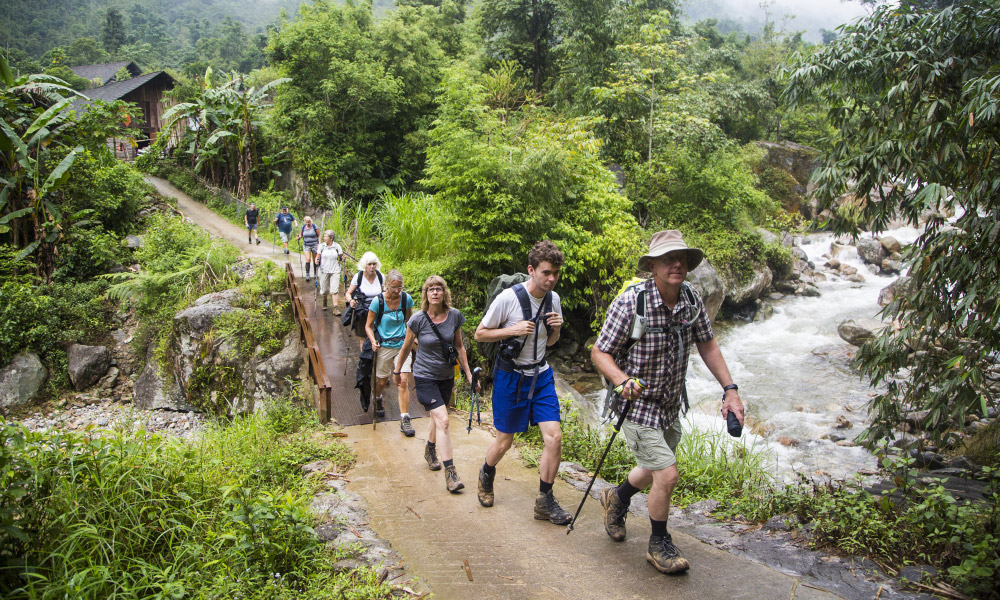
Tour Facilities & Services
| Facility | Options |
| Transportation |
|
| Accommodations |
|
| Meals |
|
| Sightseeing Tickets |
|
| Hiking/ Trekking |
|
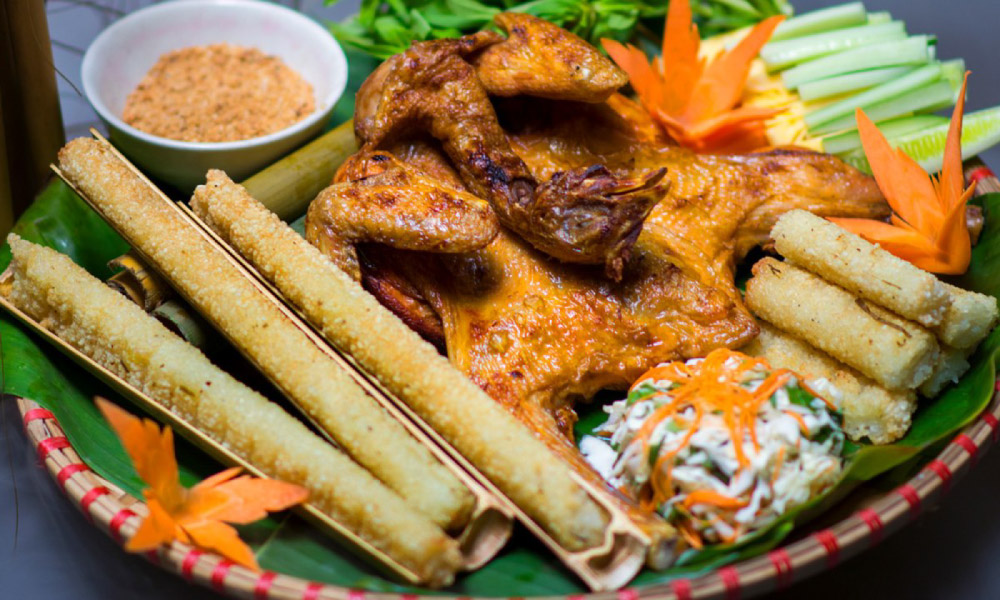
Fola Travel ensures a complete and enjoyable journey for tourists with a dedicated team. Our staff, from drivers to service personnel, are friendly, professional, and always ready to assist travelers whenever needed.
Furthermore, our experienced tour guides have a deep understanding of Sapa, enriching your trip with fascinating stories about the local land and its people.
To truly experience Sapa’s breathtaking beauty, a visit of at least 2 to 3 days is highly recommended. Below are the most popular Sapa tours:
For those who love outdoor activities and connecting with nature, Sapa is an unmatched choice. Trekking through picturesque terraced fields carved into rolling hills or exploring deep into the majestic mountains and forests of Sapa, the natural scenery here will surely captivate you.
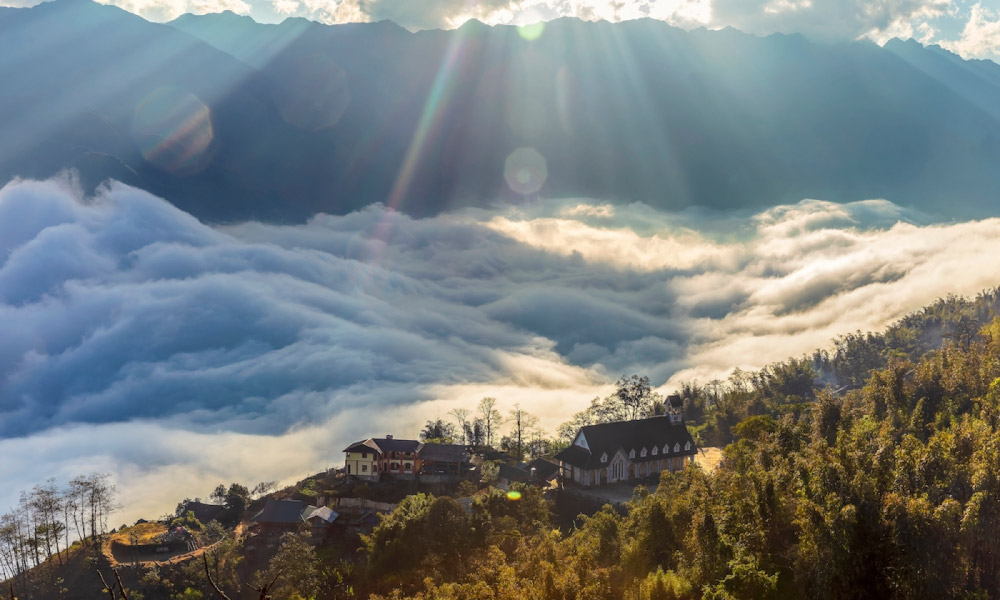
Destinations such as O Quy Ho Pass, Fansipan Peak, and Ham Rong Mountain in Sapa are on the bucket list of many adventurous tourists.
Fola Travel offers unique culture-discovery travel packages in Sapa. Our tours will lead you through ancient villages to learn directly about local life and explore bustling highland markets.
Beyond observation, these tours let visitors truly connect with the authentic life of the Sapa people. From enjoying rustic yet delicious dishes to experiencing vibrant traditional festivals, you’ll feel the incredible charm of Sapa’s rich cultural heritage.
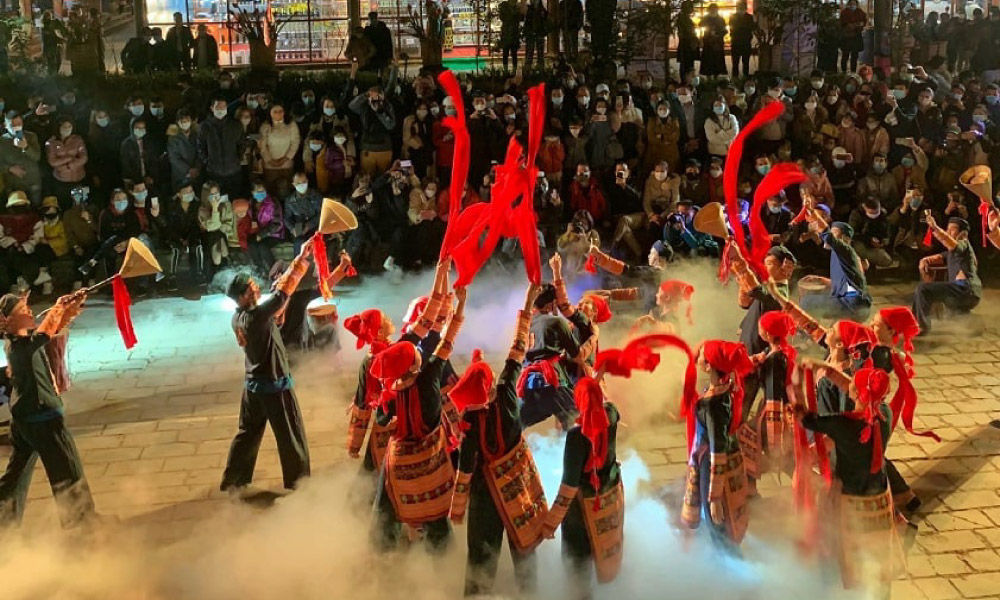
For travelers who prefer an unscripted and highly flexible journey to discover Sapa’s every hidden gem, our custom tour packages are the perfect solution.
Collaborate with Fola Travel’s experts to craft your dream itinerary, handpicking locations, defining timelines, and selecting activities for a deeply personal and unforgettable adventure.
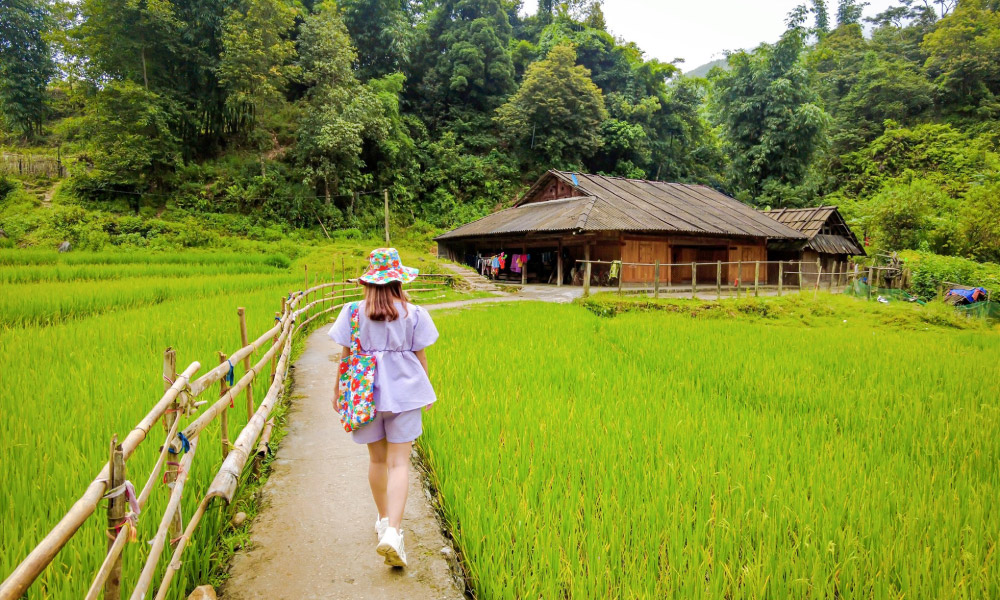
While it’s impossible to explore every corner of Sapa in just 2-3 days, it is certainly enough for visitors to experience the captivating charm of this highland region through activities like trekking through terraced rice fields, exploring the vibrant atmosphere of a local market, or even conquering Fansipan peak.
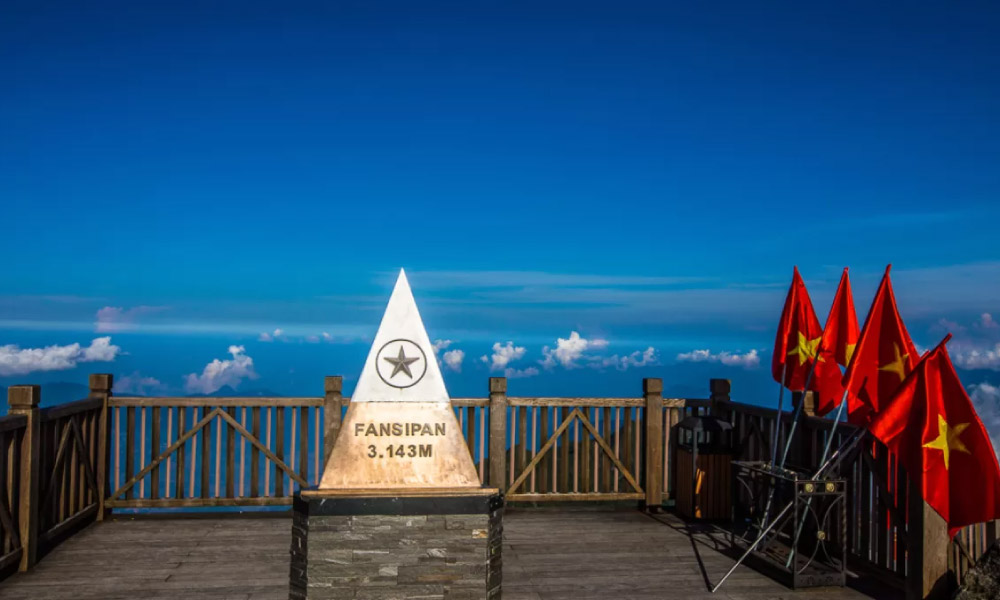
For those with limited time, one-day tours to ethnic minority villages such as Cat Cat, Lao Chai, or Ta Van, offer an excellent way to get a taste of Sapa. Here, you’ll witness the simple yet incredibly unique and beautiful local life and culture.
Fola Travel’s Sapa adventures are remarkably versatile, appealing to both budget travelers and those desiring luxury.
If you’re on a budget, you can comfortably start your Sapa journey via shuttle bus and opt for an authentic homestay experience in local ethnic minority houses. This is also a fantastic way to genuinely connect with the locals and immerse yourself in their daily lives.
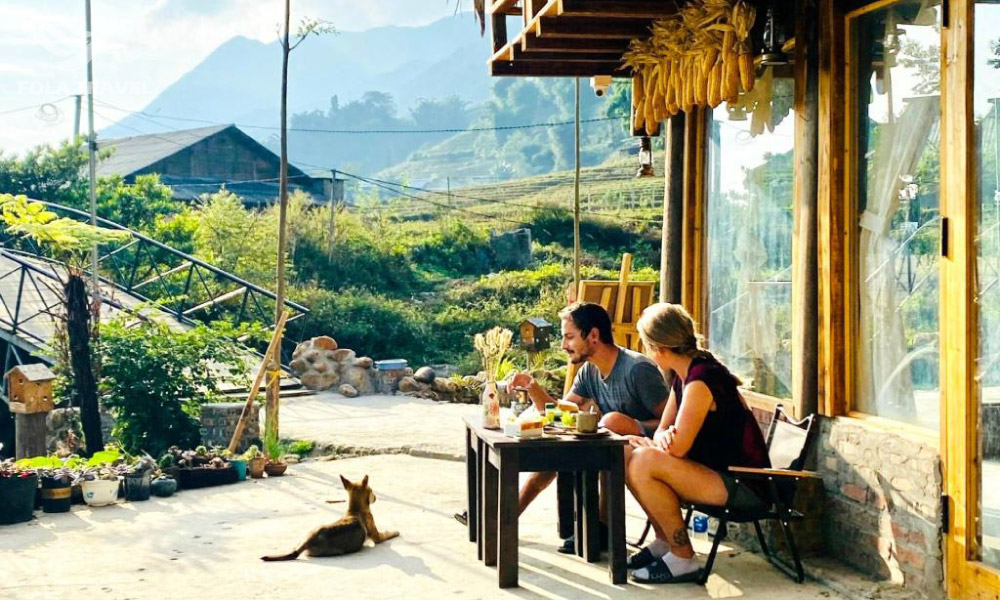
However, for those seeking comfort and exclusivity, we offer the option of private limousines or cars for your travel. Accommodations can be upgraded to upscale 4- and 5-star hotels or serene resorts. These premium choices not only provide luxurious amenities but often come with incredible, panoramic views of Sapa’s lush hills and iconic terraced rice fields, making every moment feel worthwhile.
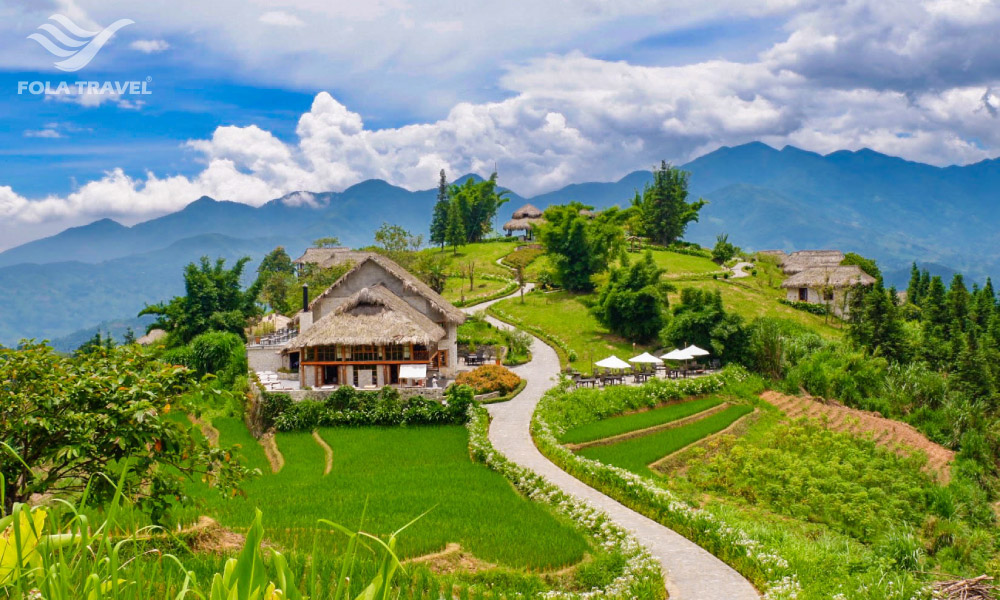
Sapa truly has something for everyone, no matter what you’re looking for in a trip.
If you love to be active, you’ll find beautiful mountain slopes often covered in mist, offering incredible panoramic views of the entire town. For those fascinated by history and culture, spending time in the ethnic villages and talking with the welcoming local people will be a wonderful experience. And if you’re a food lover, the unique local dishes with their distinct mountain flavors are sure to amaze your taste buds.
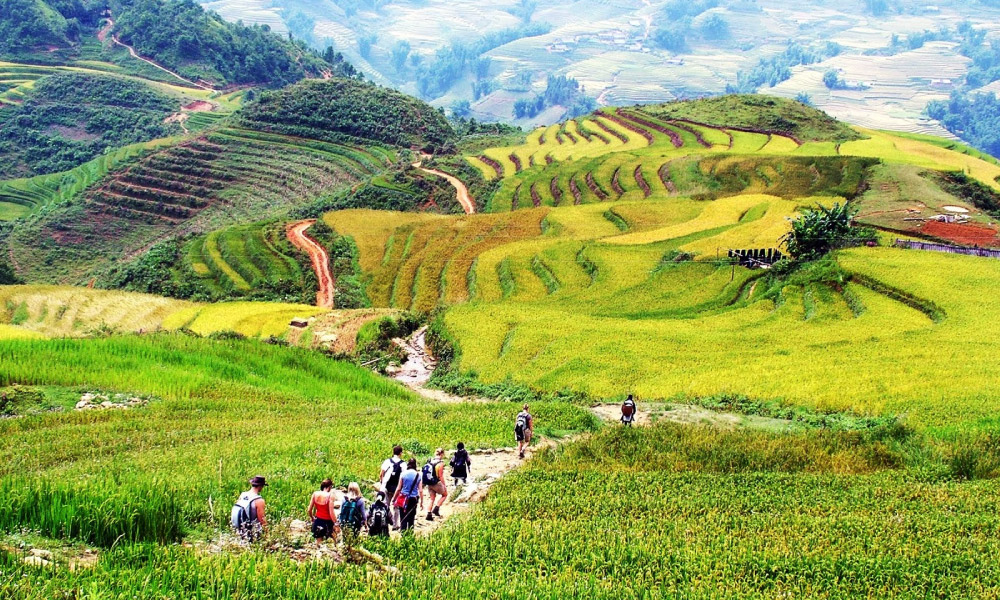
Sapa is definitely a dream spot you should visit at least once.
For more Sapa travel tips, including the best sightseeing spots, must-try delectable cuisine, and ideal times to visit this dreamy land, be sure to check out our comprehensive article.
To prepare for the best Sapa trip, here are some of the things you should have in your suitcase:
To have more control over what to bring, please refer to our weather map and Sapa weather forecast and prepare your clothing accordingly.
Tipping is not a part of Vietnamese culture. It is, however, a great way to show your appreciation to the staff and locals who provide you with good services, and they will highly appreciate that. Fola Travel recommends about US $2-5 depending on the service: how long it is, how much work they do, and how satisfied you are.
There are plenty of ways to explore around Sapa. Besides trekking, most villages can be reached by motorbike or car, and the Sapa Mountains now have a cable system for easy access.
Do notice that no taxi/ delivery apps are available in Sapa, so if you need a private car, please contact us, and we will schedule one for you.
Yes, but getting to Sapa from Hanoi takes half a day, so we don’t recommend one-day tours in Sapa, as it could be a bit rushed. If you can squeeze in more time, 2 or 3 days would be more suitable.
Yes. Most Sapa has been developed for tourism, but if you prefer to explore less touristy spots, you can request a customized trip based on your personal interest.
Yes. Most Sapa tourist attractions will be open throughout national holidays but do notice that there will be more people since those are days off for Vietnamese visitors.

“TRAVELING IS OUR PASSION”
Let us help you plan an unforgettable trip!